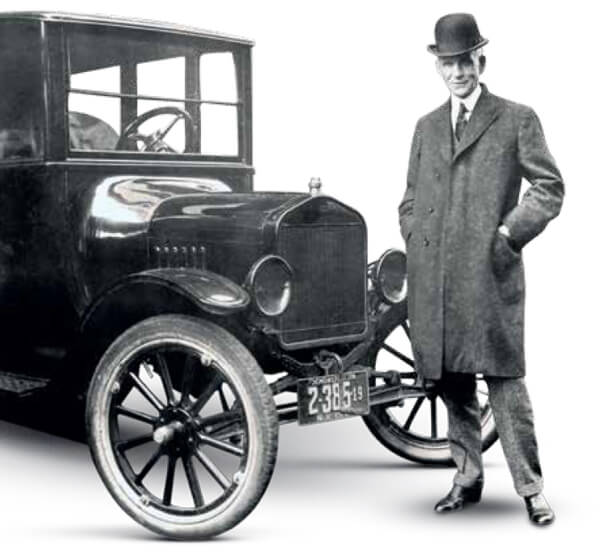Noisy dead founders
The sale of kimonos-to-whips retail chain Agent Provocateur to Sports Direct boss Mike Ashley got the analysts scratching their heads. How will a pile-it-high retailer cope with a sell-it-expensively brand? What has Ashley seen in the beaten-up luxury sector that the rest of us haven’t?
The reaction of Joe Corré, co-founder of the “sensual irreverence” brand, was more akin to foaming at the mouth. He accused 3i, which had owned the business since 2007, of negligence in offloading it in pre-pack administration and muttered darkly about “a swathe of lawsuits”. Ashley, he claimed, was interested only in the name and the stock, not the ethos or the staff. Agent Provocateur had been tossed aside “like a pair of dirty knickers”.
My first reaction to his reaction was along the lines of: “Who are you to comment now? You sold out as part of a divorce settlement ten years ago. It’s done. It’s like selling your house and moving out, only to berate the new owners afterwards for knocking two rooms together and cutting down the climbing rose that took you a decade to grow. It’s theirs. You’re history.”
Then I remembered what it feels like to be a founder – even of a small business, like my own: you’ve nurtured it from nothing, given it meaning and distinction, viscerally felt its limits and tolerances. It’s not like retaining an emotional interest in a house you’ve merely lived in and sold, but one you’ve designed yourself and built brick by brick.
Founders, keepers. They can’t let go. There will be many marketers out there still feeling the heat from founders who have long moved on and should, by rights, be silent. Stelios Haji-Ioannou still “coaches” easyJet management from the sidelines. No doubt the Prince of Wales is similarly generous with his advice to Waitrose, which leases his Duchy Organic brand. You can shut them out but you can’t shut them up.
Even the dead ones. A few years back, Alan Mulally, then chief executive of Ford, found himself opening the Detroit motor show, just as he had done the year before, pointing to a screen that displayed the vision of the eponymous founder: “To open up the highways for all mankind.”
 Despite its age and the erosion of relevance in a world where highways criss-cross the continents and it sometimes feels like the whole of mankind is sitting in the same traffic as you, Mulally felt there was no statement created since that captured the right “register” to sum up what Ford was about at the most elevated level. So, not wanting to open the event with the same slide three years running, he challenged his most senior team to devise one.
Despite its age and the erosion of relevance in a world where highways criss-cross the continents and it sometimes feels like the whole of mankind is sitting in the same traffic as you, Mulally felt there was no statement created since that captured the right “register” to sum up what Ford was about at the most elevated level. So, not wanting to open the event with the same slide three years running, he challenged his most senior team to devise one.
Here’s what happened. Despite taking time to explore thoroughly, despite including voices from all markets and all parts of the business, the team kept coming back to Henry Ford’s original statement. It drew them, inexorably, from beyond the grave, with its combination of directness and audacity.
In the end, rather than confect something new, they reinterpreted that original vision – evoking the notion of “highways of possibility”, rather than just literal tarmac, and showing that, on this road of life, Ford was there to help people “go further”.
For marketers who find themselves stuck trying to articulate the soul of their brand – the essence, the vision, the bit in the middle of the brand model that’s meant to inspire – dead founders can be more helpful than living ones.
Their words are on the record, their values timelessly and perhaps quaintly preserved. But they can’t butt in and meddle as you reinterpret, which means you get the best of both worlds. By going back to roots, you earn the authenticity so prized by consumers – but you ensure to present it with a verve and freshness that makes it illuminate today’s lives.
Dead founders should inhabit living brands, should imbue them with meaning, should act as a silent conscience when the team loses its way. Would Body Shop have fared better under L’Oréal ownership if the spirit of Anita Roddick had been more present? The brand is up for sale because management feels its ethos is less relevant today. It’s not: it just needs an honest look back and an inspired interpretation forward. Roddick has died; her ideals haven’t.
In Corré and Ashley, meanwhile, you have two founders who are very much alive and combative. How will this one play out? From the branding perspective, the analysts’ money is on Ashley getting it wrong and dragging Agent Provocateur too downmarket.
For my money, Ashley is smart enough to know better. Perhaps he will even go back to the original vision of the founders and seek personally to reinterpret their big idea of “sexual luxury”. How will Corré react to that? “Over my dead body”, no doubt.
These famous-brand founders are no longer with us, but their insights are as fresh and relevant as ever.
“If you think you’re too small to have an impact, try going to bed with a mosquito.”
Anita Roddick
“The job of a manager is to support his or her staff, not vice versa, and that begins by being among them.”
Bill Hewlett and David Packard
“If I’d asked people what they wanted, they’d have told me a faster horse.”
Henry Ford
“Sometimes when you innovate, you make mistakes. It is best to admit them quickly, and get on with improving your other innovations.”
Steve Jobs
“Repetition makes reputation, and reputation makes customers.”
Elizabeth Arden
